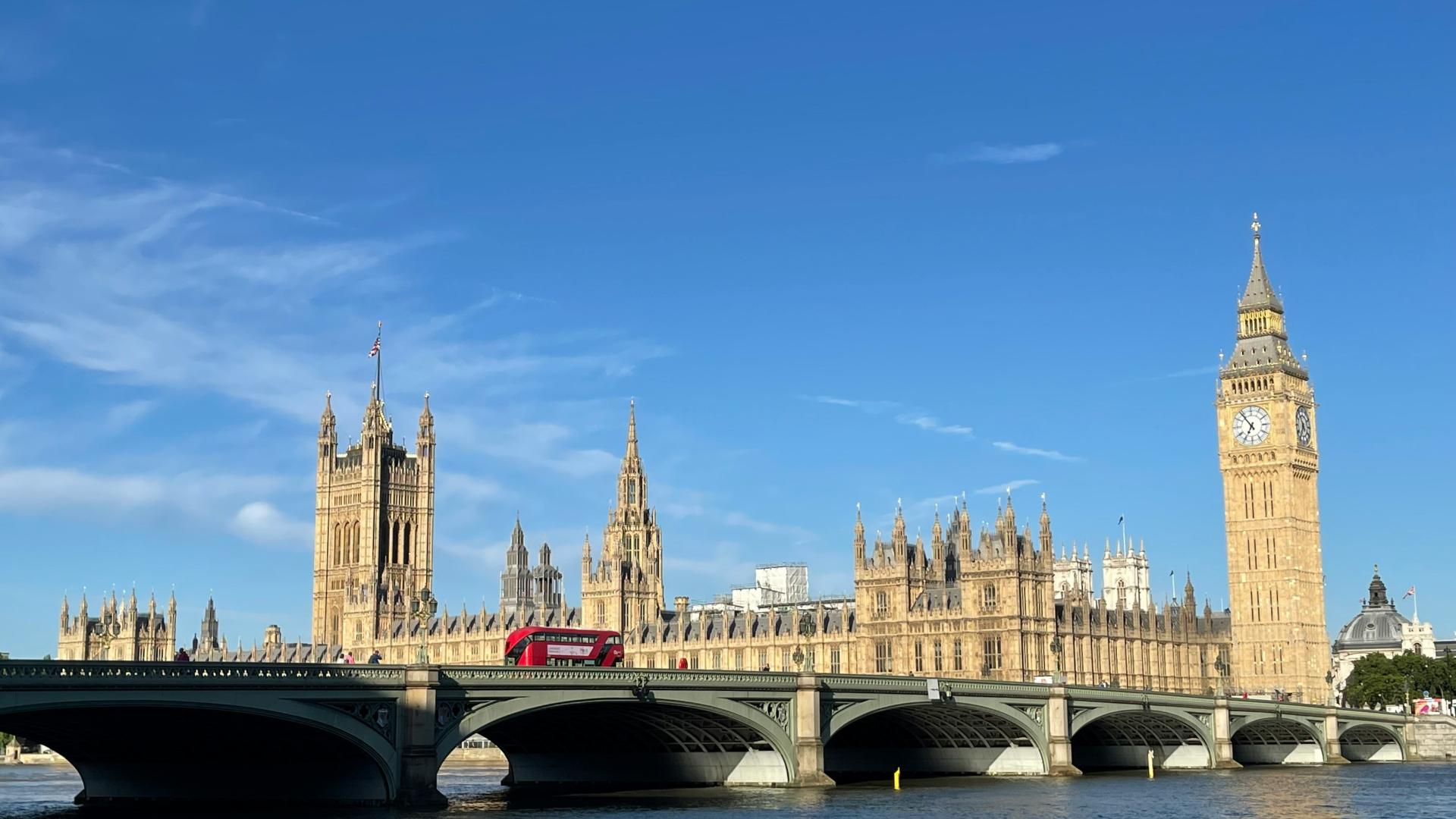Heather Sturgess
As charities build relationships with parliament and the new government, a big question is how receptive the Labour government is to being challenged by charities.
The Labour government has talked of renewal but has also announced several policies that don’t align with charity aims, such as cuts to the winter fuel allowance and disability benefits. This presents a balancing act for public affairs professionals in the sector; how can charities build positive working relationships with the new administration while still speaking out when policies harm their beneficiaries?
At nfpResearch, we’ve been tracking MPs’ attitudes towards charities over many years. In our latest polling, we examined whether Labour’s attitude to challenge has shifted now that they are in government.
Encouragingly, Labour MPs remain broadly supportive of charities challenging government and party policy. A striking 85% say they support charities taking this role - a clear signal that critique is still welcomed in principle.
However, the picture changes when it comes to state-funded charities. Back in March 2021, 90% of Labour MPs said it was acceptable for charities receiving public money to challenge government policy. That figure has now fallen to 66%. While this still represents a clear majority, it suggests a more cautious stance from Labour MPs since taking power - possibly indicating a shift towards expecting closer alignment and partnership with publicly funded organisations.
But it is important to remember that this is still a much more supportive stance than their Conservative predecessors. Only around half of Conservative MPs feel it’s acceptable for publicly funded charities to challenge government. Highlighting that, while Labour may be more critical of the method or tone of lobbying, they remain more open to challenge overall.
So, does this mean Labour is more receptive to that challenge?
The Health Secretary, Wes Streeting, was recently critical of charities ‘lobbying’ government. He spoke about the Royal Osteoporosis Society’s (ROS) approach as ‘attacking’ the government, framing their actions as adversarial rather than collaborative¹. He went further, saying ROS was a ‘stakeholder not a partner’. Yet, despite this criticism, the government later committed to rolling out Universal Fracture Liaison Services, the goal the ROS had been campaigning for.
This suggests that even when criticism is poorly received, it can still drive results. But it may indicate that Labour still prefers dialogue over methods it views as more confrontational.
Still, ministers have acknowledged the value of constructive criticism and appear to see the sector as an important contributor to policymaking. The Civil Society Covenant that the government is working with the sector to create is another positive sign². The draft principles explicitly reference working in partnership with the sector and having a strong independent sector that is supported to ‘speak out in line with their purpose’.
But, the drop in support for critical voices among publicly funded charities is a warning flag. It highlights the need for charity public affairs teams to be strategic and nuanced: striking the right tone, building relationships that can withstand challenge, and bringing solutions alongside critique.
Charities can, and should, continue to challenge the Labour government when policies hurt the people they support. But they should also be mindful of the shifting perceptions of this critical voice now that Labour is in power.
¹Sector reacts as Wes Streeting vows to ‘break the culture’ of charities lobbying government
²The Civil Society Covenant | NCVO

